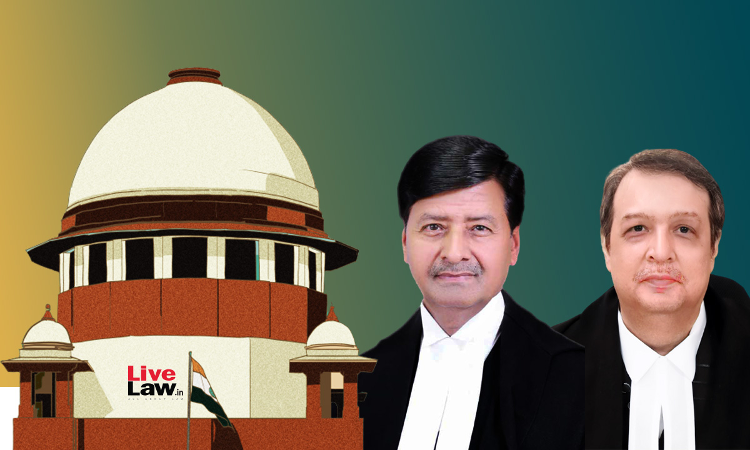Getting An Impression That Leniency Towards Juvenile Offenders Is Emboldening Them To Indulge In Heinous Crimes : Supreme Court
Ashok KM
16 Nov 2022 7:41 PM IST

Next Story
16 Nov 2022 7:41 PM IST
We have started gathering an impression that the leniency with which the juveniles are dealt with in the name of goal of reformation is making them more and more emboldened in indulging in such heinous crimes, the Supreme Court remarked in a judgment seting aside the orders of the Chief Judicial Magistrate, Kathua and the Jammu and Kashmir High Court which held that one of the accused in...
